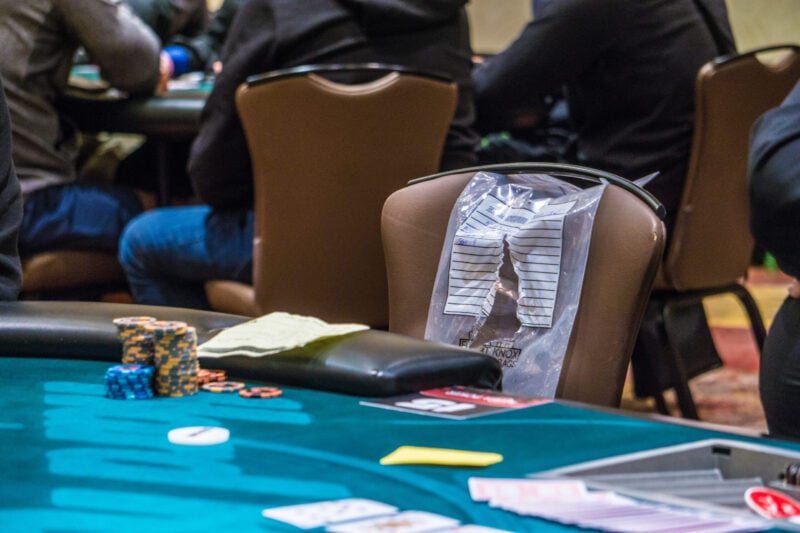Much of excellent poker play comes from thinking about the specific situation of the hand you’re in, and applying an appropriate strategy to maximize your gain or minimize your loss in that hand. Even so, I’ve found that some of my advantage at the table is derived from my good habits that have little to do with card values and betting ranges.
Below is a list of seven of them. They’re no substitute for thoughtful play, of course, but by making these behaviors habitual, and therefore automatic, you’ll be better able to focus your attention on other matters that do require thought.
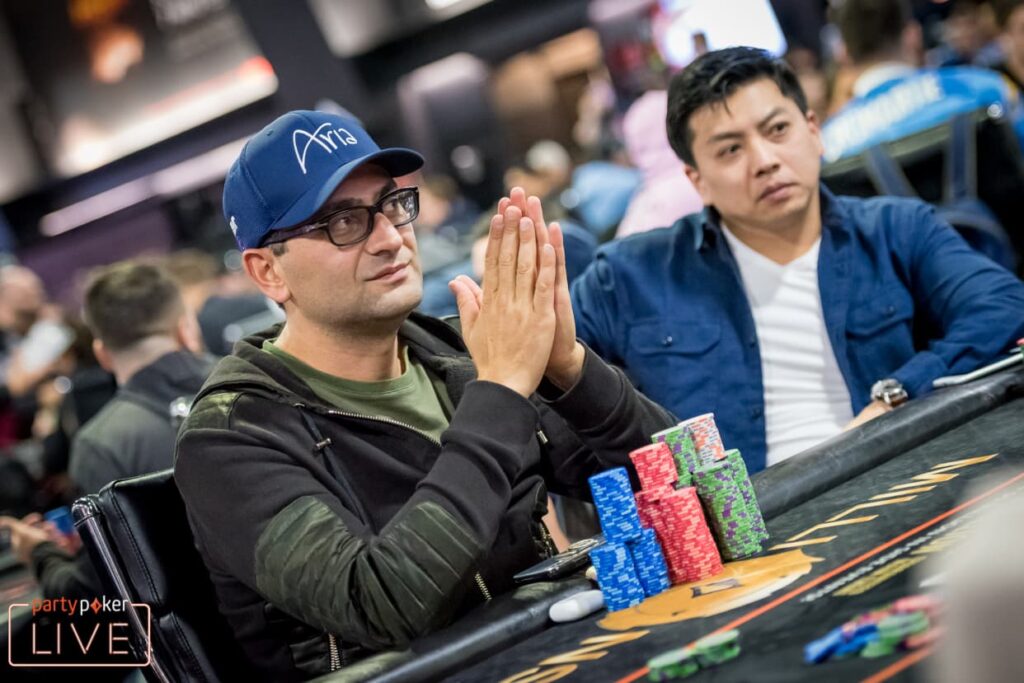
1. Sit Comfortably at the Table
Many players lean, scrunch, and contort themselves at the table in a haphazard and injurious way. This can become especially harmful as a session drags on over many hours of play. Instead, learn and then habitually practice a relaxed, comfortable, and replicable method of sitting and moving at the table.
Good posture, with your feet squarely and evenly on the floor, your torso comfortably centered, your head balanced and relaxed, and your arms relatively loose and free, will help you avoid physical strains that will interfere with easeful thinking, and which can be irritating, injurious, and surely distracting.
Make it part of your routine for playing – like buying chips or asking for the seat change button.

2. Breathe Deeply and Exhale Fully as You Begin Each Session
Talk to any physical trainer, yoga instructor, or coach and you’ll hear about the importance of proper breathing. It’s essential to good health, and good poker.
When you first sit down in a game, after you’ve comfortably positioned yourself, take a few long and deep breathes. You’ll find it calming, restorative, and helpful to establish the alert, focused attitude useful in maintaining emotional control and good decision-making. It will also set the pattern for more relaxed and deep breathing for your entire session.
This will prove useful for maintaining your stamina and focus, especially over a long and stressful session.
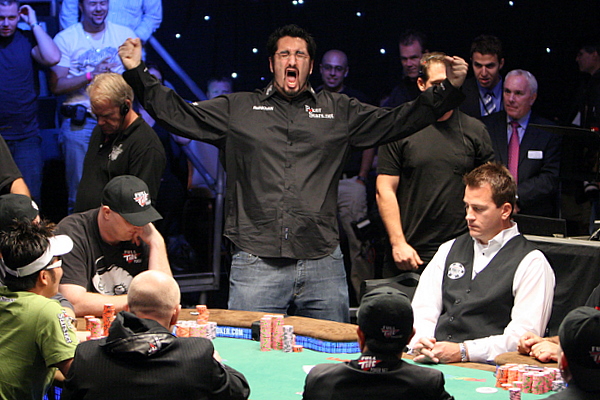
3. Take Regular Breaks
Get into the habit of getting up from your seat at least every hour or so. You don’t need to be sore, restless, hungry, or tired. Just do it!
Stretching your legs and giving yourself a break – even a very brief one – will help with blood circulation that helps with your thinking. A break will also provide you with a space in which to consider how you’re playing, how profitable your table is, and whether you’re in a proper mental and emotional state to continue your session.
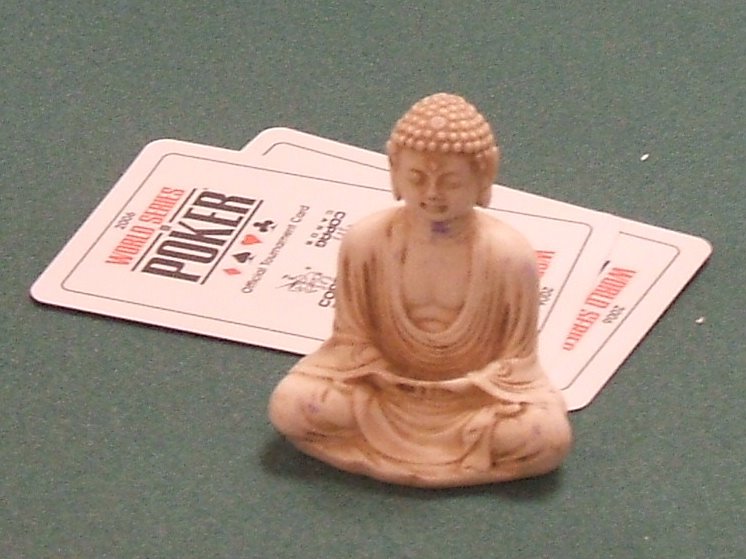
4. Gather, View, Memorize, and Position Your Cards Uniformly
There are many small actions you take in every single hand you play. Doing them the same way each time is another way in which you can remove distractions, and learn to focus on the important parts of your game.
At the start of each hand, gather your cards together, lift up and spread the corner for viewing, while shielding them from anyone else’s view; look at them; memorize them; place them flat on the table; center them; and cover them with a card protector.
Learn to do these small actions in a uniform, efficient, smooth, and confident manner, and then make that practice habitual.
It will help you maintain your relaxed bearing at the table, project a confident and uniform image to your opponents, and prevent any possible tells or reactions that might otherwise indicate the true strength or weakness of your hand.
By making a habit of memorizing your cards, you’ll also be avoiding the unnecessary, distracting, and possibly revealing action of re-checking your cards as the hand progresses.
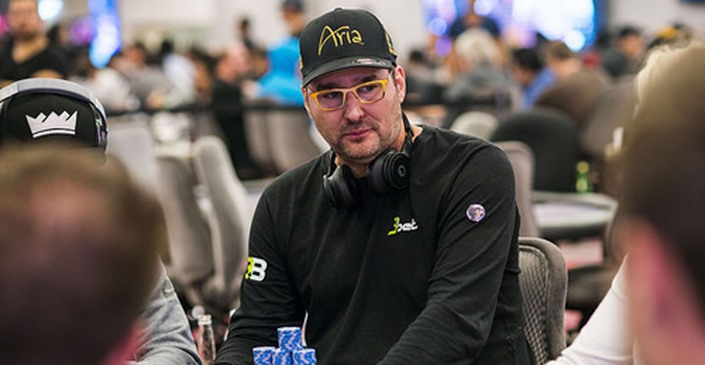
5. Count Down the Pot
You want to do this routinely, as a matter of habit, so it becomes automatic and unnoticeable. Do this intentionally at first, even if it slows your play somewhat. After a while, counting down the pot will become routine for you.
If you always keep a running total of the pot in your head, you won’t be noticed slowing the game as you count down the pot when you have a difficult decision to make. While this is only necessary when you’re in a hand, it helps speed the habitualization of this important behavior if you practice it even when you’re not involved in the action.
From experience, I would say that it takes as long as three or four consecutive hours of doing this every hand before it becomes a habit, so don’t get discouraged early in this practice.
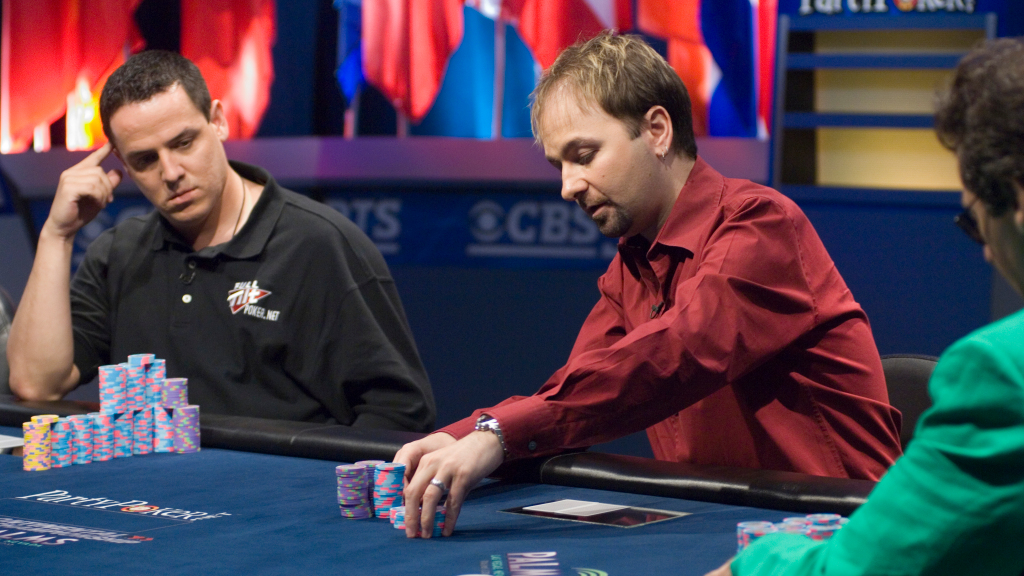
6. Bet Cleanly, Crisply, and Decisively
Create a standard behavior for every betting action, including folding. Pause a couple of seconds before acting to give yourself time to think, even if you don’t need the time because you have an obvious fold.
Before any betting action, decide on the amount you want to bet. Announce the action and the bet; stack the chips in front of you that you will wager, and then make one decisive forward movement of your chips.
By routinizing your betting behavior, you’ll avoid any of the possible tells of indecision or waffling that many weak players exhibit. You’ll also create and project an air of confidence that will help your play.
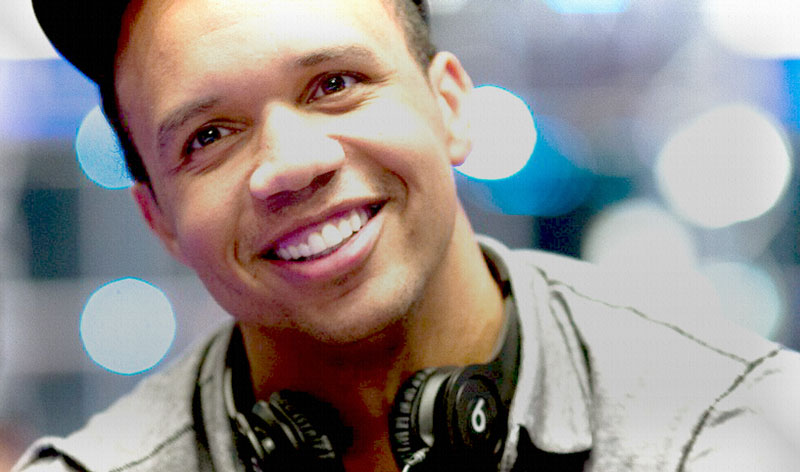
7. Smile
Many players have a standard resting expression that gives off a negative vibe. They frown or otherwise look unapproachable or stern.
They may think that this is the ideal game face for poker, but they would be wrong. Serious and intimidating expressions can deaden whatever vitality a game might otherwise have, making opposing players cautious, stressed, and less willing to gamble. You don’t want that.
For the most part, the happier, friendlier and more relaxed players are, the more likely they are to willingly part with their chips, making for a better game.
Accordingly, set your default facial expression on smile. You don’t need to wear the ridiculous grin of a fool, but a pleasant and slight smile is certainly preferable to a grumpy expression. Get into the habit of projecting a friendly, positive face to the others at the table. It will help set the tone for a more profitable game.
Conclusion
Adopting these positive habits is no guarantee of success, of course. You still have to play a profitable game of poker. But, by incorporating them into your game, you’ll be better able to focus your energy on making those thoughtful decisions that can make this game profitable.
